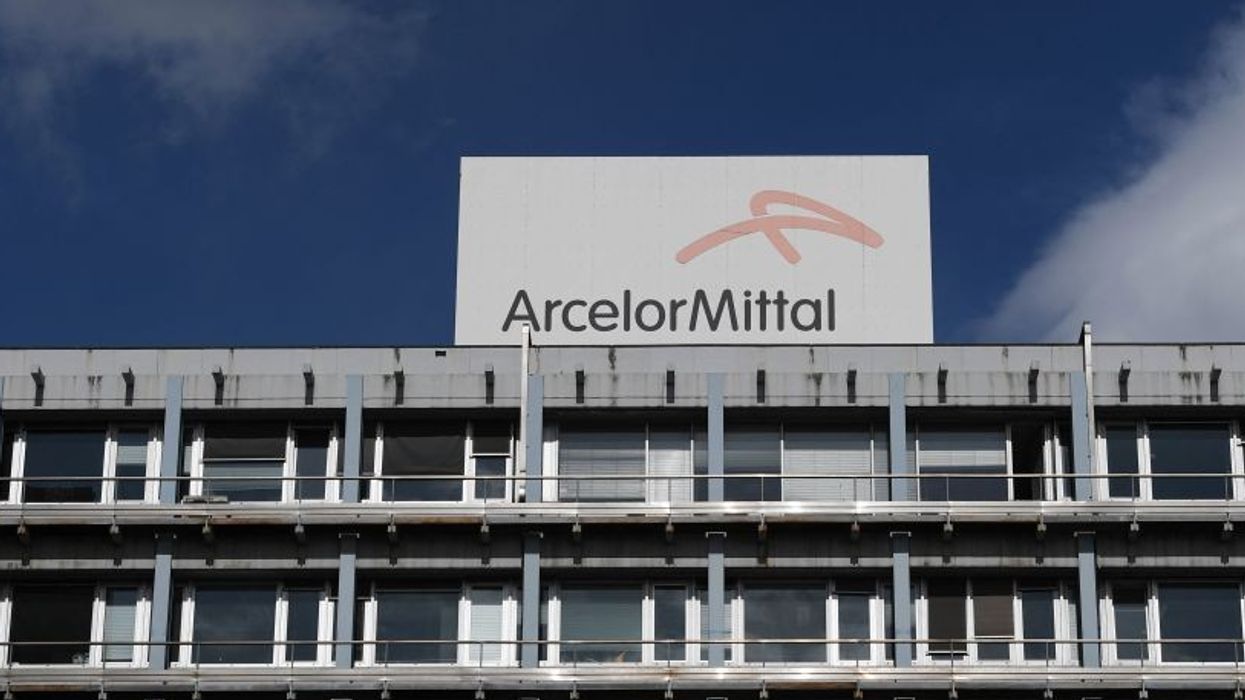ArcelorMittal South Africa (AMSA), part of Lakshmi Mittal’s steel group, said it is still considering closing its long steel production business as it waits for the South African government to implement a rescue plan for the domestic industry.
In January, AMSA announced plans to stop operations at its long steel manufacturing plants, affecting over 3,500 jobs. The Industrial Development Corporation later stepped in with some measures.
Despite this, AMSA reported a R500 million loss for the six months ended June 2025, according to its consolidated financial statements released this week.
“ArcelorMittal South Africa continues to face significant challenges with no improvement in market conditions over the previous period. The prolonged negative international steel cycle remains, ensuring that global and domestic steel markets remained under pressure in spite of some price improvement, notably in China during July,” the company said.
It said the possibility of closing the long steel plants, announced in November last year, still existed to ensure viability. “Enhancing the balance sheet will depend on the outcome of the ongoing IDC transaction. Should a sustainable solution not be reached, the company will proceed with the planned permanent wind-down of the longs business.
“In that event, ArcelorMittal South Africa will promptly initiate monetisation of assets, including Saldanha Steel, the Tubular Mill, the Vereeniging Bar Mill, ArcelorMittal Rail and Structures, and other non-core properties. Proceeds will be applied to strengthen the balance sheet, to reduce debt, and will be reinvested into the flats business to support improvements in earnings and cash flow in order to preserve core business continuity,” it added.
AMSA said India, Brazil, the USA, the EU, the UK, China, Malaysia, Mexico, Canada and Australia had taken strong protection measures for their steel industries.
It said the South African government had introduced initiatives but there had been limited progress in implementing measures that addressed constraints.
The company cited major rail service interruptions caused by cable theft, leading to locomotive failures. It said it had offered to help with security on key rail routes and taken other cost and mitigation steps.
“On two occasions during the past six months, the risk of uncontrolled blast furnace stops arose due to major rail service interruptions. Additional unplanned road transport had to be deployed, resulting in higher direct, operational, and handling costs of some R317 million, more than double that of R127 million in 2024,” AMSA said.
With regular power cuts from state-owned Eskom, losses during the period rose to R41 million from R25 million a year earlier.
AMSA said South Africa could maintain and grow a viable steel industry if government commitments were turned into real and immediate action. “The top two priorities currently are to ensure that there is a vibrant level of steel demand accessible to South African steel producers; and second, that the high levels of imports are dramatically reduced,” it said.
It added that about 68 per cent, or 5,18,000 tonnes, of current steel imports could be produced locally. “Once these priorities are addressed, the industry will be in a much stronger position to progress with investment to improve localisation levels with the aim of completely replacing imports, while turning attention to the issue of decarbonisation,” it said.
The company also said action against illicit trade and corrupt and collusive dealings was not being addressed.
AMSA was formed from the former state-owned steelmaker Iscor, which Mittal turned around before acquiring.
(With inputs from agencies)





